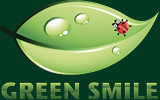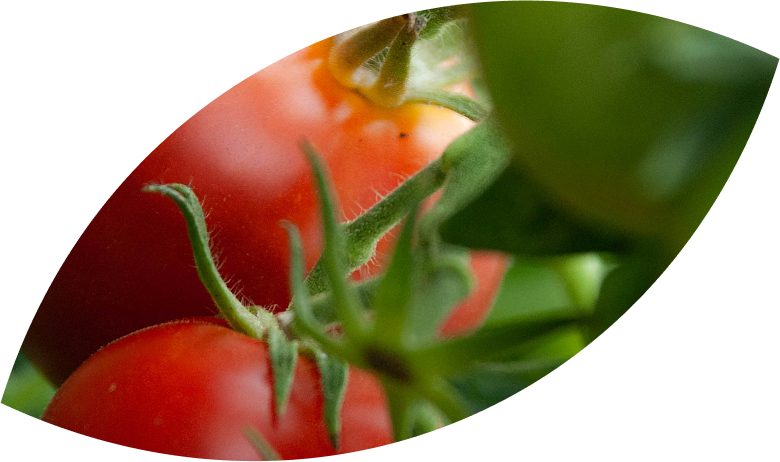.png)
In a statement released on Monday, October 27, the Moroccan Association of Fruit and Vegetable Producers and Exporters (APEFEL) denounced what it called an “attack lacking scientific rigor and credible evidence,” describing it as a clear attempt to damage the reputation of Moroccan agricultural products under the pretext of so-called “health precautions.” According to APEFEL, this campaign is part of a broader effort to undermine the competitiveness of Moroccan exports in European markets.
A Production Model Renowned for Its Stringency
The organization recalls that in 2023, Morocco established itself as the leading non-EU supplier of tomatoes, thanks to the proven quality of its production, the strictness of its sanitary controls, and the efficiency of its agricultural sector.
APEFEL emphasized that the recurrent accusations targeting Moroccan exports are not backed by any tangible evidence. “Official European statistics show that Morocco accounts for less than 1% of fruit and vegetable notifications recorded between 2020 and 2025,” the statement specifies.
The association also highlighted the exemplary transparency and reliability of Morocco’s national control system, overseen by the National Office for Food Safety (ONSSA), which ensures compliance with European standards and the safety of exported products.
Response to a Controversial French Investigation
This clarification follows an article published by the French consumer platform UFC-Que Choisir, reporting the presence of pesticide residues in Moroccan and Spanish tomatoes imported into France. Some of these residues were described as “potentially harmful to health” due to their carcinogenic or endocrine-disrupting properties.
The investigation claims that nearly 40% of Moroccan and Spanish tomatoes contained traces of pesticides, compared with only 6% for so-called traditional French tomatoes. According to the outlet, this discrepancy indicates a higher prevalence of “multiple residues” in imported produce.
Findings Deemed Misleading
APEFEL strongly rejects these conclusions, stressing that the detection of residues at trace levels in no way implies a violation of Maximum Residue Limits (MRLs) established under European law, and poses no risk to consumer health.
The association also points out that European-grown produce may contain similar trace levels, yet rarely faces comparable media scrutiny.
Advocating for Transparency and Cooperation
APEFEL condemns the misuse of health concerns for economic purposes and calls for a balanced and constructive dialogue, based on transparency, regulation, and international cooperation, free from defamatory rhetoric.
Finally, the association underscores the need to strengthen collaboration between Moroccan producers and European control authorities, with the aim of ensuring sustainable agricultural trade and protecting consumers.
APEFEL reaffirms that Moroccan tomatoes remain safe, high-performing, and sustainable products, reflecting the professionalism and expertise of the national agricultural sector.

